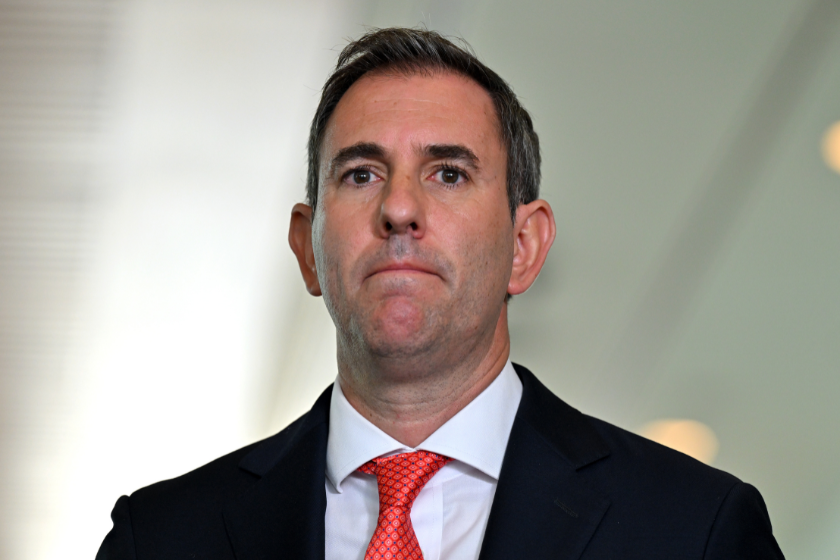Treasury Laws Amendment (A Tax Plan for the COVID-19 Economic Recovery) Bill 2020, which consists of five tax measures announced in Tuesday’s budget, passed Parliament on Friday.
This means employers and employees could reap the benefits of Tuesday’s budget in weeks, including temporary full expensing and income tax cuts.
Tax relief for individuals
Stage two personal income tax cuts are being brought forward by two years. From 1 July 2020:
- the low-income tax offset will increase from $445 to $700;
- the top threshold of the 19 per cent tax bracket will increase from $37,000 to $45,000; and
- the top threshold of the 32.5 per cent tax bracket will increase from $90,000 to $120,000.
The government will also provide additional targeted support to low- and middle-income Australians. In 2020-21, low-and middle-income earners will receive a one-off additional benefit of up to $1,080 from the low- and middle-income tax offset (LMITO).
According to the government, more than 7 million individuals are expected to receive tax relief of $2,000 or more for the 2020-21 income year compared with 2017-18 tax settings.
Low- and middle-income tax payers will receive relief of up to $2,745 for singles and $5,490 for dual income families.
Temporary full expensing
The passage marks the start of temporary tax incentive to around 3.5 million businesses that employ around 11.5 million workers.
As announced by the Treasurer, from 7:30pm (AEDT) on 6 October 2020 until 30 June 2022, businesses with turnover up to $5 billion will be able to deduct the full cost of eligible depreciable assets of any value in the year they are installed. The cost of improvements to existing eligible depreciable assets made during this period can also be fully deducted.
This measure is estimated to deliver $26.7 billion in tax relief over the forward estimates, and $3.2 billion over the medium term.
R&D incentives
The government is providing an additional $2 billion through the Research and Development Tax Incentive.
Under the new package, the proposed $4 million cap on annual cash refunds will not proceed, instead small companies – those with aggregated annual turnover of less than $20 million – will see the refundable R&D tax offset set at 18.5 percentage points above the claimant’s company tax rate.
These changes will commence from 1 July 2021 and help more than 11,400 companies that invest in research and development.
Loss carry-back
The way has also been paved for the introduction of the $4.8 billion measure that will allow businesses doing it tough as a result of the coronavirus to crawl back some of the tax paid on last year’s profits.
Companies with turnover up to $5 billion will now be allowed to offset losses against previous profits on which tax has been paid, to generate a refund.
The tax refund would be limited by requiring that the amount carried back is not more than the earlier taxed profits and that the carry-back does not generate a franking account deficit.
The tax refund will be available on election by eligible businesses when they lodge their 2020–21 and 2021–22 tax returns.
Tax concessions, including changes to FBT
Businesses with an aggregated annual turnover between $10 million and $50 million now have access to up to 10 small business tax concessions.
From 1 July 2020, eligible businesses will be able to immediately deduct certain start-up expenses and certain prepaid expenditure.
From 1 April 2021, eligible businesses will be exempt from the 47 per cent fringe benefits tax on car parking and multiple work-related portable electronic devices, such as phones or laptops, provided to employees.
From 1 July 2021, eligible businesses will be able to access the simplified trading stock rules, remit pay-as-you-go (PAYG) instalments based on GDP adjusted notional tax, and settle excise duty and excise-equivalent customs duty monthly on eligible goods. Eligible businesses will also have a two-year amendment period apply to income tax assessments for income years starting from 1 July 2021.







